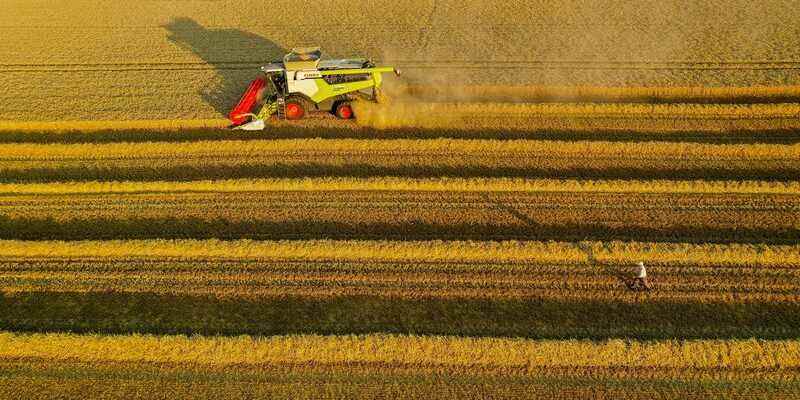Oil : Oil prices went on a roller coaster again last week. The member countries of the European Union have finally agreed on a ban on Russian oil, a ban however limited since it only concerns imports by sea. Oil pipelines are not targeted, a compromise that saves time to manage the problems of the dependence of Central European countries on Russian oil. At the same time, OPEC +, which held a meeting this week, decided to increase its production a little more than expected in July and August (648 million barrels per day more, instead of 432 million increase on previous months). However, with most members struggling to meet their production quotas, it is difficult to envisage a significant increase in OPEC+ production in the coming months, especially if Russian production declines. Price-wise, Brent is trading near USD 120 a barrel while the US benchmark, WTI, is trading around USD 119.
Metals : China continues to blow hot and cold on metal prices. By unveiling a new support plan targeting renewable energies, Beijing has stimulated the prices of metals particularly sensitive to this theme, such as nickel and tin. These trade at 27710 and 35250 USD respectively in London. Copper also gained ground at USD 9455 per metric ton. Regarding precious metals, gold and silver are struggling to rebound and are trading at 1852 and 22.2 USD respectively.
Agricultural products : The price of wheat fell sharply in Chicago to 1080 cents per bushel. The return to international markets of part of the Ukrainian supply, which transits through the Black Sea, is a game-changer in the short term and could alleviate supply shortages in the world. However, this resumption of shipments is still fragile and will have to be made permanent by an agreement with Russia, which will have to undertake to ensure secure access to Ukrainian ports.
